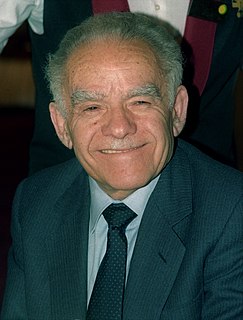A Quote by Yitzhak Shamir
Lehi was not a part of the Zionist movement, not a part of the Revisionist Party. It was sometimes something apart, and Lord Moyne was the highest British official in the Middle East... and because we fought against the British in this area, we took him for a target.
Related Quotes
The modern Middle East was largely created by the British. It was they who carried the Allied war effort in the region during World War I and who, at its close, principally fashioned its peace. It was a peace presaged by the nickname given the region by covetous British leaders in wartime: 'The Great Loot.'
In the nineteenth century, in part because a ton of American men moved west, in part because of the Civil War, and in part because of trepidation about marriage, which was then a very confining institution, there was a big population of women - mostly middle-class white women on the East Coast - who didn't marry.
Among the handful of British diplomats and military men aware of their government's secret policy in the Middle East-that the Arabs were being encouraged to fight and die on the strength of promises that had already been traded away-were many who regarded that policy as utterly shameful, an affront to British dignity.
I think now you see a lot more British films from the perspective of, I guess what would be considered "new" British people - people of color, Asian people. I think that's what's happening now, whereas 20 years ago it couldn't happen because it was still predominantly, "British film is about middle-class white families and what they do."










































